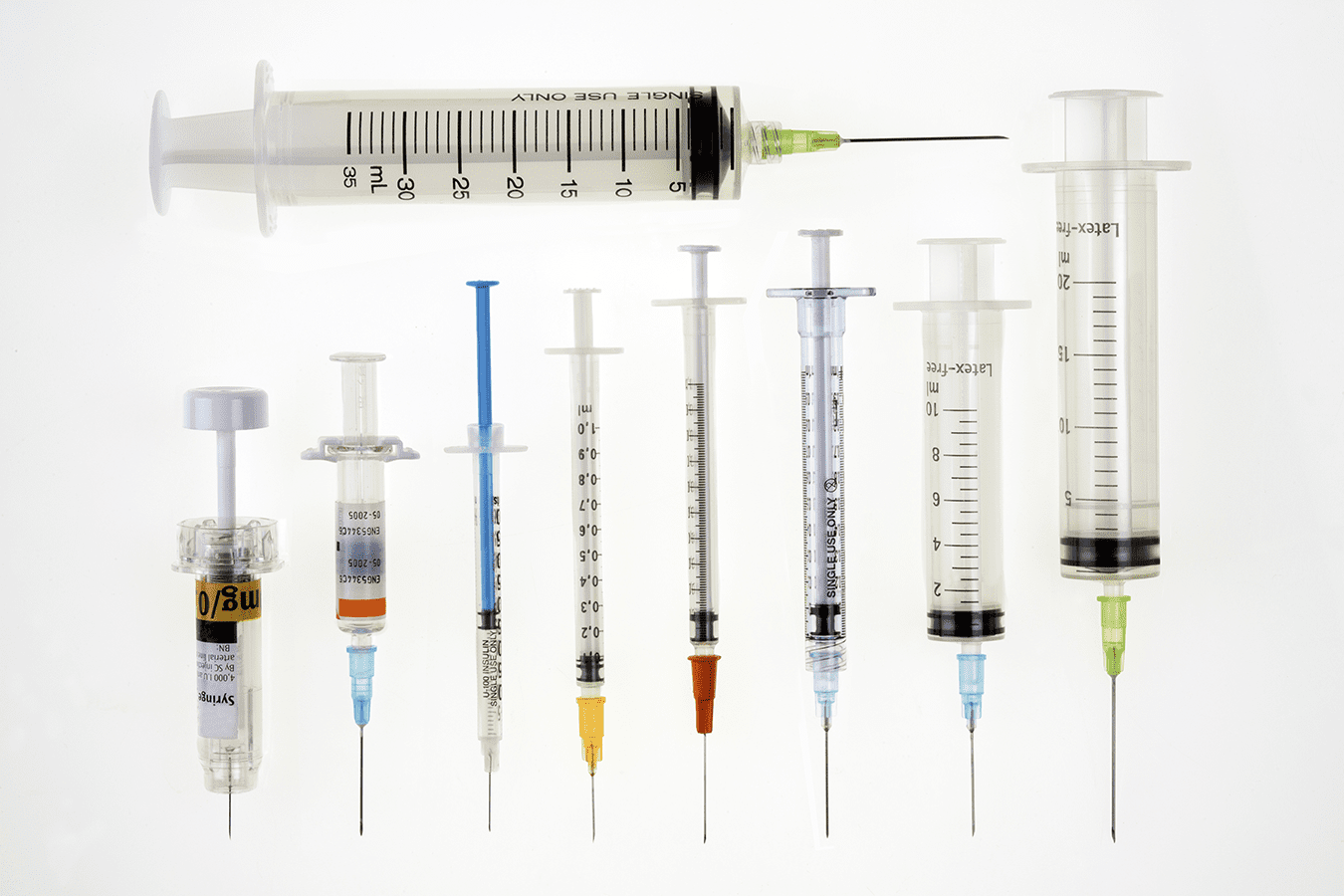Havana Silk Havanese - AKC Breeder of Merit
Natural Rearing - Vaccines
Natural Rearing emphasizes the promotion and upkeep of a robust immune system through natural methods, in contrast to the dependence on injecting harmful chemicals for disease prevention.
Annual vaccination is unnecessary and potentially harmful – publicly stated by:
- American Veterinary Medical Association
- American Animal Hospital Association
- Australian Veterinary Association
- World Small Animal Veterinary Association
- Vets in the UK have spoken out to confirm this in a letter to the Veterinary Times
It’s worth mentioning that vaccines contribute significantly to the veterinary practice’s income, accounting for around 30% to 40% of their revenue.
If you’re interested in exploring this topic further, there is a thought-provoking video created by Margo Roman, DVM, where she interviews several veterinarians, including Dr. Pitcairn, a highly esteemed and respected vet in America. You can watch the video here: Safely Reducing Vaccinations.
Furthermore, I highly recommend reading an excellent and eye-opening article by Barbara Andrews, published in Show Sight Magazine. The article discusses both vaccines and heartworm medications. You can find the article at the following link: Heartworm Prevention Update.
Vaccines—Common Misconceptions
Misconception: The routine vaccination of pets is the primary factor contributing to the low incidence of diseases.
Reality: According to the American Veterinary Medical Association and other global veterinary authorities, annual vaccinations do not offer additional protection.
Misconception: Serious vaccine side effects are uncommon.
Fact: W. Jean Dodds, DVM notes a significant rise in autoimmune and allergic diseases in pets since modified live virus (MLV) vaccines were introduced. Click the link to read Dr. Dodds’ vaccine protocol.
Misconception: The Animal Health Trust (AHT) conducted a study showing that routine vaccination does not increase illness rates.
Fact: Research indicates that vaccines can lead to various illnesses, such as arthritis, epilepsy, cancer, autoimmune hemolytic anemia, and brain damage, among others. World veterinary organizations have acknowledged the potential harm associated with vaccinations.
Misconception: It’s okay for veterinarians to recommend yearly vaccinating all dogs, regardless of health status.
Fact: Veterinary vaccine data sheets specify that only healthy animals should be vaccinated to avoid the risk of severe or fatal infection. It is a licensing requirement.
Misconception: The evidence supporting an alternative vaccination program is based solely on personal stories and lacks substantiation.
Fact: Respected veterinary bodies like the American Animal Hospital Association and the World Small Animal Veterinary Association do not rely on anecdotal and unscientific data. Their calls to discontinue annual vaccination are based on valid reasons, even if it means a decrease in booster income for their members.
Misconception: Long-lasting immunity against the deadly bacteria Leptospirosis cannot be achieved, necessitating yearly reinforcement.
Fact: The Leptospirosis vaccine provides only short-lived immunity, potentially less than a year. It covers a limited number of Leptospirosis strains out of the hundreds known. This vaccine is associated with severe adverse reactions. Prominent authorities like Ronald D Schultz, head of pathobiology at the University of Wisconsin, consider the vaccine ineffective and dangerous. Additionally, Leptospirosis is currently a rare disease in dogs.

American Veterinary Medical Association says about boosters:
“No additional protection is provided.”
“There is no scientific data to support label directions for re-administration of MLV vaccines annually.”
“Vaccines are not harmless. Avoiding unnecessary vaccinations can minimize unnecessary side effects and adverse events.”
Problems with Vaccines
- All vaccine manufacturers state that only healthy animals should be vaccinated.
- All vaccine manufacturers list why and when their products should not be used.
- Vaccines can cause the diseases they are designed to prevent
Merck, a prominent manufacturer in the field of vaccines, provides the following information; if your dog or any dogs related to your dog have these conditions, it is advised not to administer vaccinations.
“those with known or suspected B and T cell immunodeficiency diseases (or from families with) should not be given live virus vaccines due to the risk of vaccine-induced illness and severe or fatal infection.”
“features of B cell deficiencies include respiratory or food allergies.”
“features of T cell deficiency include heart disease.”
“features of combined B and T cell deficiencies include dermatitis, neurological deterioration, and eczema.”
Kennel Cough (Bordatella Vaccine)
Kennel cough, although uncomfortable, is generally not life-threatening unless contracted by an already ill animal. However, the vaccine for kennel cough is known to be ineffective. Due to high instances of adverse reactions in the breed, the Leptospirosis vaccine is not recommended for Havanese unless your puppy is in a high-risk area or environment.
When it comes to vaccinating your dog before going into boarding facilities, it’s important to note that they are typically only required to operate according to the licensing requirements set by law. It is not a legal obligation for such facilities to request vaccinations for dogs or cats. Some may accept animals that have been treated with homeopathic remedies or unvaccinated dogs. Additionally, many dog owners now opt for home boarding and dog sitting services, which are gaining popularity and are considerably better for the dog’s emotional and physical well-being.
